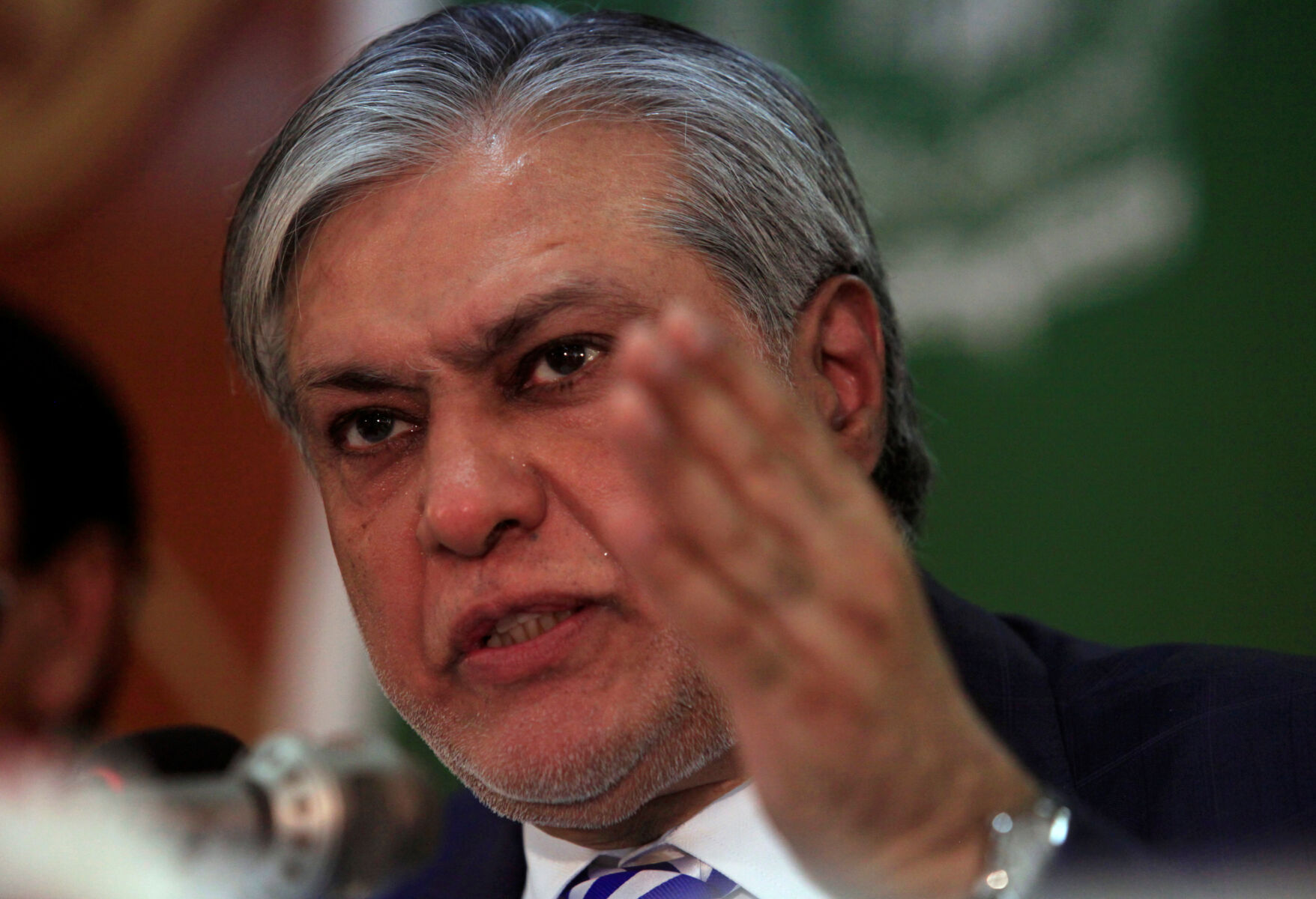Pakistan aims for $50bn budget to tackle economic crisis, unlock IMF funds

Pakistan’s government is set to present its annual budget, focusing on the nation’s precarious economic situation and the upcoming national elections. Finance Minister Ishaq Dar plans to propose a budget exceeding 14 trillion rupees (US$50bn), aiming for a 3.5% growth and a reduction in inflation to 21% from a record 38%. The government also hopes to generate over 9 trillion rupees (US$32bn) in revenue through taxes.
The budget is crucial for Pakistan, as it seeks to unlock more than US$2.5bn remaining in a US$6.5bn International Monetary Fund (IMF) bailout programme expiring at the end of this month. With a population of 230 million, Pakistan urgently needs the IMF funds to avoid defaulting on its mounting debt and recover from an ongoing economic crisis.
Pakistan’s foreign exchange reserves have dwindled to less than US$4bn, covering less than a month’s worth of imports. Over the past year, the Pakistani rupee has plummeted by over 50% against the US dollar.
Esther Perez Ruiz, the IMF’s resident representative for Pakistan, said: “The focus of discussions over the FY24 budget is to balance the need to strengthen debt sustainability prospects while creating space to increase social spending.”
Hina Shaikh, an economist at the London-based International Growth Centre, emphasised the importance of the IMF for Pakistan’s survival in the upcoming financial year. Shaikh stated that the budget should focus on fiscal discipline, managing inflation, and reviving the IMF programme.
Pakistan faces the challenge of repaying over US$20bn to foreign governments and lenders by next spring and more than US$77bn by June 2026. Durre Nayab, an economist at the Pakistan Institute of Development Economics, stressed the need for reducing expenditures to stabilise the economy.
The struggling economy was further burdened by last year’s devastating floods, which caused losses exceeding US$30bn. The World Bank’s global prospects report described Pakistan’s economic recovery as “anaemic,” projecting growth of 2% and 3%.
Political instability, following former Prime Minister Imran Khan’s removal from office last year, has also added to the crisis. Ali Hasnain, associate professor of economics at Lahore University of Management Sciences, highlighted the need for structural reforms, which have not been addressed by either the PTI government or the current ruling alliance.
Shaikh warned that a populist budget with the general elections in mind could exacerbate the situation, fuelling inflation and unemployment, and making it harder to resume the stalled IMF programme.
Latest Thailand News
Follow The Thaiger on Google News:


























